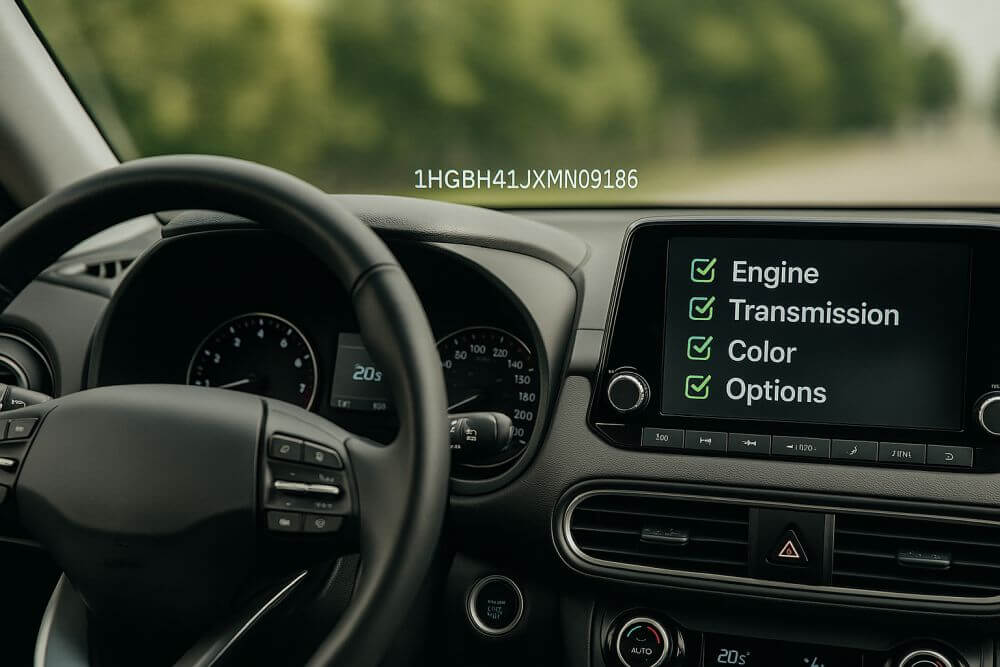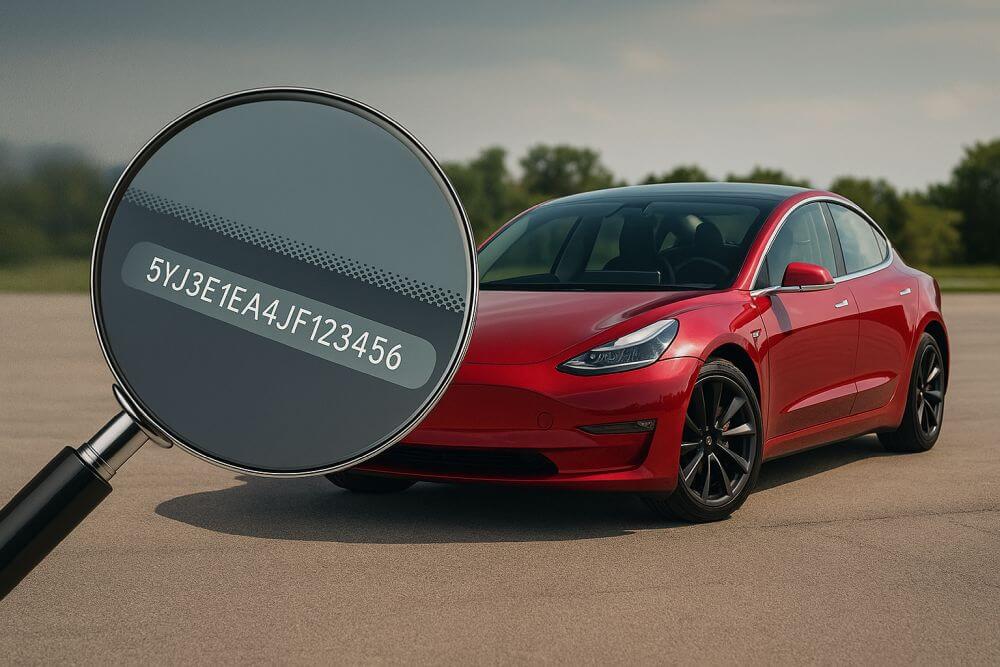If you have even thought about shopping for a new car, chances are you have come across advertising for free VIN check and services. While finding out who owned your car before you might sound interesting, it may also be difficult. Privacy laws prevent certain information from being given out to the public.

What a VIN Search Can Show You
There are certain amounts of information that a VIN search or vehicle history report can bring up. This information is very important, particularly for the resale value of the car. Depending on the type of search that is done, your report might show information such as:
- Information about the title – Your free VIN check may show information as to whether the car now has a junk or salvage title, indicating a severe accident or damage in its earlier history.
- Number of titles – Amongst other things, every time a car changes hands, it is noted on the title. Knowing how many titles have been taken out on the car would give you an idea of how many possible prior owners there were.
- States where titles were issued – Your car may have been driven in other states prior to coming to you. A VIN search can let you know what states in which it had a registration or reported title. Not only can this make it easier to trace the history of the car, but it can give you an idea as to what types of weather and driving conditions it might have been exposed to (for example, a person driving in Maine will have exposed the car to much different conditions than someone driving in Florida).
- Junk information from other sources – Even if your free VIN number check doesn’t show a salvaged title, it may show that the car was bought or sold at an auction or junkyard during its history.
- Odometer problems – If the vehicle was reported to the Department of Motor Vehicles as having an odometer problem, such as a broken odometer or an odometer that has been rolled back, this may be noted on your report. Knowing whether or not the mileage on your car is accurate can be an important consideration, particularly during resale.
- Lemon status – If a car has ever been reported as a lemon (that is, having a serious issue that required numerous repairs and took the car out of service for an extended amount of time), the VIN check may show this information.
- Insurance information – While you won’t be able to tell exactly what type of insurance claims a vehicle has experienced, your history report will show if the vehicle was ever reported as a total loss. In these cases, it is also likely that the car would have a salvage or junk title as well.
- Auctions – If the car was ever bought or sold at an auto auction, it would come up in a vehicle history report.
- Accidents – If the car was in an accident or taken damage, and this was reported to the police or the insurance company, it will show up under a VIN number lookup. However, not all drivers report all accidents, so having a clean report does not necessarily mean that the car was never in an accident. These reports can also tell you if the airbag was deployed as a result of the accident.
- Mileage – Ever wonder if that low mileage car is really low mileage, or if a previous owner tampered with the odometer? The history report will show odometer readings that have been reported, allowing you to look for inconsistencies.
- Service records – Some mechanics will report when they have done work on the car, and those records can show up on your report. Be aware that like other information, it may or may not be complete, depending on if work was reported.
- Inspection results and warranty contracts – If your state requires emission inspections or reporting of warranty and service contracts, then these may show up on your report as well.
Information that Might be Protected
While there is a wide variety of information that can be accessed by free VIN check, you may not have access to everything that you are looking for. The Freedom of Information Act, while giving you access to certain public records, also works to protect private information from individuals. If your request asks for information that is covered in one of the exemptions, then it will come back with a note stating that it is protected information and the exemption it falls under.
The exemptions include:
- Exemption 1 applies to classified information, particularly those that would be considered in the interest of national defense or foreign policy. Properly classified information will remain classified, and the agencies may neither confirm nor deny their existence if it is thought that doing so could compromise national security.
- Exemption 2 applies to the internal rules and practices of any agency, particularly those that are so minor and routine that the public would have no interest in them and to protect law enforcement manuals.
- Exemption 3 covers anything that is exempted by another statute.
- Exemption 4 covers confidential business information, or trade secrets. This information has to either impair the government’s ability to obtain future information or cause harm to the competitive position of the person or company.
- Exemption 5 covers internal government communications, such as memos and letters, which would not normally be available by law. It is the most complex of the exemptions and includes executive privilege, attorney work-product privilege, and attorney-client privilege.
- Exemption 6 is the one that will most likely cover information about previous owners of your vehicle, and it covers personnel and medical files and similar files that would be considered an invasion of personal privacy. Because of these exemptions, you may not be able to gather personal information about a previous owner.
- Exemption 7 covers law enforcement records, specifically those where the disclosure would compromise law enforcement proceedings, prevent someone from having a fair trial, would constitute an invasion of privacy, would give away information to a confidential source, would disclose information regarding the operations of law enforcement as covered in the second exemption, or would endanger the life or safety of an individual.
- Exemption 8 covers bank and financial institution records.
- Exemption 9 covers geological and geophysical information related to oil wells.
In some cases, you may still be able to get the information that is exempted under the Freedom of Information Act if the person or agency it pertains to allows it. However, these exemptions can also make it difficult to do a free VIN check for the purposes of finding an original owner. Be prepared that you may need to do some groundwork to find out the information that you seek.


